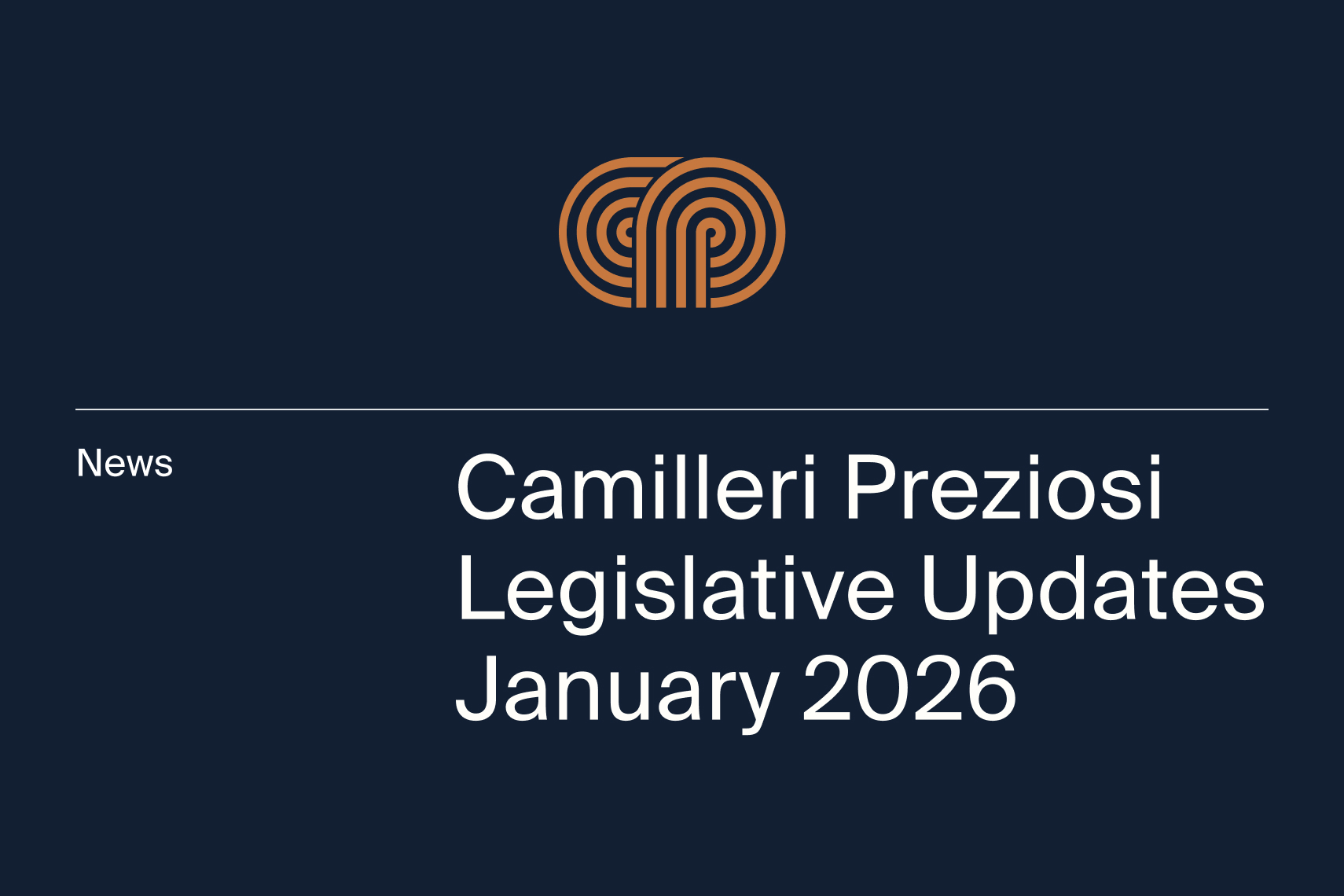‘For their part European airports are predicting a loss of 67 million passengers in the first quarter of 2020.’[1] Without a doubt, the aviation sector has been one of the sectors most immediately and severely affected by the sudden outbreak of Covid-19, as evidenced by the dramatic drop in airline passenger numbers. One of the main concerns relates to the liquidity of aircraft operators and airlines but other issues include a surge in passenger claims for both delayed and cancelled flights.[2] Whether or not a passenger stands to benefit from any form of compensation as a result of a cancelled flight is dependent on the interpretation of the term ‘extraordinary circumstances’ and accordingly, not only does one case differ from another, but the situation on a given day may be very different just a couple of days later.[3]
How has the European Union responded?
On 30 March 2020, Regulation (EEC) No 95/93 on common rules for the allocation of slots at Community airports (the “EU Slots Regulation”) was amended by virtue of Regulation (EU) 2020/459 (the “New Regulation”).[4] Such amendments have the effect of temporarily relieving air carriers of their obligations under European Union (“EU”) law, with respect to airport slot usage. The New Regulation is a response of the EU to the deteriorating circumstances currently faced by airlines as European air carriers have been forced into grounding aircraft for an uncertain period of time. The New Regulation recognises the disadvantages of the current regulatory framework which encourages air carriers to continue to operate empty and unnecessary flights, simply to protect their ‘grandfather rights’. Not only does such a sustainability measure contribute to the financial health of air carriers but it also mitigates the environmental impact of ghost flights.
How were airport slots previously regulated prior to the recent amendments?
The EU Slots Regulation regulates the manner in which slots located in EU airports are allocated to air carriers. Prior to the New Regulation, the EU Slots Regulation adopted a ‘use it or lose it’ approach which required air carriers to operate a certain percentage of their allocated slots or else risk losing their rights to such slots in the future. Accordingly, air carriers had to use a minimum of 80% of their allocated slots within a given time period in order to retain such slots in the same period of the following year (these have been termed ‘grandfather rights’).
How does the New Regulation amend the previous legal framework?
The New Regulation caters for the replacement of Article 10a of the EU Slots Regulation. The new article includes an assumption that coordinators shall consider the allocated slots ‘as having been operated by the air carrier to which they had initially been allocated’, notwithstanding that the respective air carrier was unable to meet the 80% requirement.
Accordingly, the slots shall be considered to have been operated for the period beginning 1 March 2020 until 24 October 2020. However, with respect to any slots with a date later than 8 April 2020, this suspension shall only apply insofar as the respective unused slots have been made available to the coordinator for reallocation to other air carriers. The new Article 10a also provides for the inclusion of an additional, earlier period from 23 January 2020 until 29 February 2020. The date of 23 January 2020 corresponds with the closure of the Wuhan Airport in the People’s Republic of China, by the authorities. Likewise, between this period, with respect to slots used for air services between the European Union and the People’s Republic of China or in the Hong Kong Special Administrative Region of the People’s Republic of China, such slots shall also be considered as having been operated.
It must be noted that the Commission’s proposal on the New Regulation previously catered for a shorter period than that provided in Article 10a.[5] Whilst the current wording of the New Regulation sets the 24th October 2020 as the final date in terms of the suspension of ‘use it or lose it’ approach, the proposal initially suggested 30 June 2020.[6] The same Article 10a also empowers the European Commission to adopt delegated acts should the aviation industry continue to be negatively impacted by virtue of the crisis surrounding the Covid-19 outbreak. The article provides that the Commission shall continuously monitor the situation and shall present a summary report on this matter to the European Parliament and to the Council by 15 September 2020.
Naturally, it is expected that the EU legal framework shall continuously be amended to reflect the impact of the Covid-19 outbreak on the aviation industry, over the following months.
[1] Commission, ‘Proposal for a Regulation of the European Parliament and of the Council amending Regulation (EEC) No 95/93 on common rules for the allocation of slots at Community airports’ COM (2020) 111 final, 1.
[2] On this point reference is to be made to Regulation (EC) 261/2004 of the European Parliament and of the Council establishing common rues on compensation and assistance to passengers in the event of denied boarding and of cancellation or long delay of flights, and repealing Regulation (EEC) No 295/91 [2004] OJ L46/1.
[3] Ibid., Recital 15; ‘[e]xtraordinary circumstances should be deemed to exist where the impact of an air traffic management decision in relation to a particular aircraft on a particular day gives rise to a long delay, an overnight delay, or the cancellation of one or more flights by that aircraft, even though all reasonable measures had been taken by the air carrier concerned to avoid the delays or cancellations.’
[4] Regulation (EU) 2020/459 of the European Parliament and of the Council of 30 March 2020 amending Council Regulation (EEC) No 95/93 on common rules for the allocation of slots at Community airports’ [2020] OJ L99/1.
[5] Commission, ‘Proposal for a Regulation of the European Parliament and of the Council amending Regulation (EEC) No 95/93 on common rules for the allocation of slots at Community airports’ COM (2020) 111 final.
[6] This is substantiated by the text of Recital 1 which provides that the outbreak of Coronavirus (Covid-19) ‘is likely to affect at least two scheduling periods, those of winter 2019/2020 and summer 2020’.










